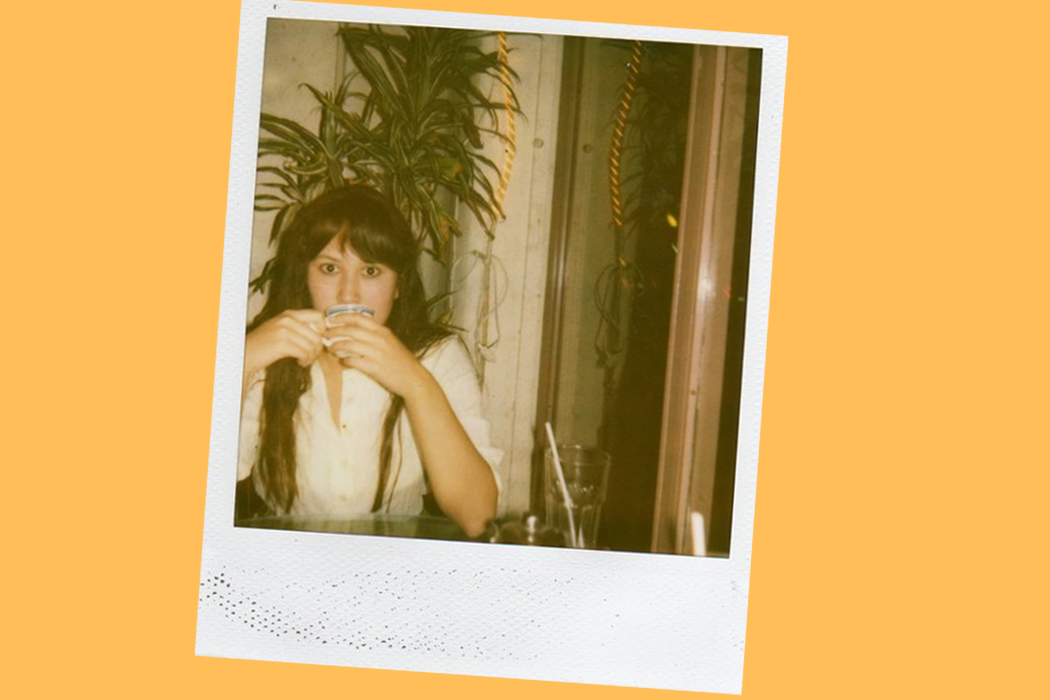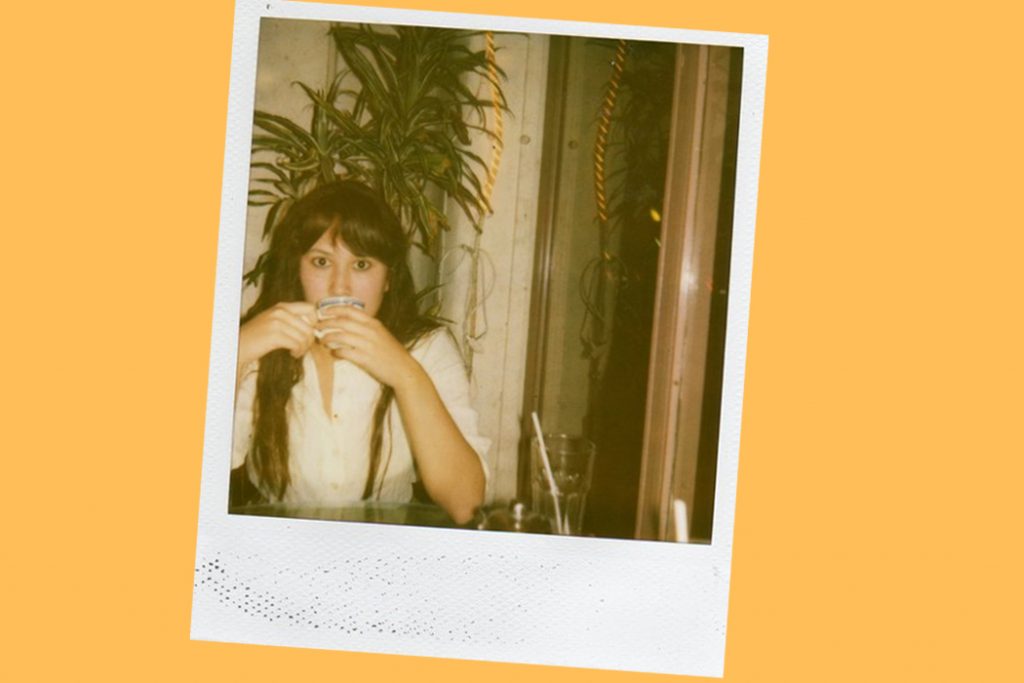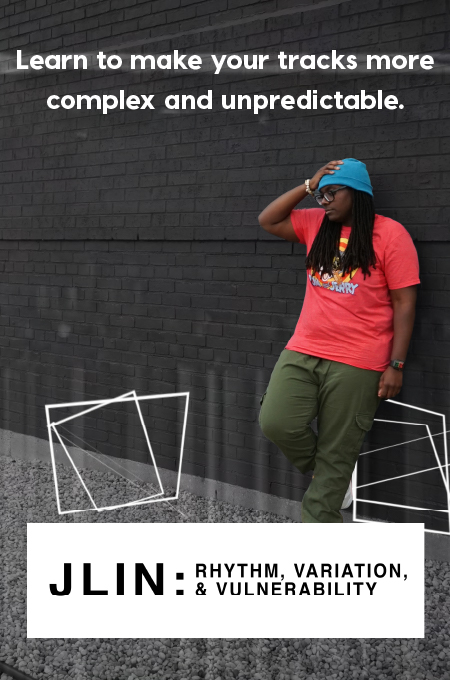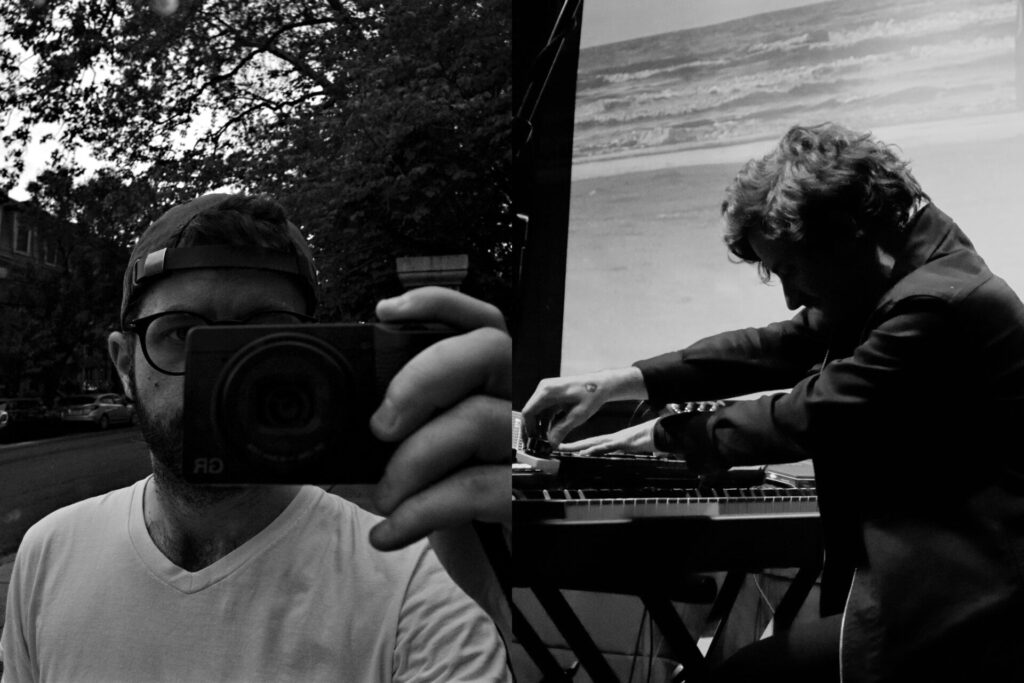
The following post is part of our new column, Poorly-Guarded Secrets from the Soundfly Mentors’ Guide. Written by mentor and VP of Learning & Curriculum Development Mahea Lee, this series is intended to assist, inspire, and offer a peek into the types of discussions we have behind-the-scenes here at Soundfly.
I was a difficult music student.
If you’re familiar with my role at Soundfly and the type of work I do here (being the VP of Learning and Curriculum Development), that might come as a surprise. In any case, sorry to shatter the illusion.
The truth is I’ve always found it hard to focus, even for just twenty minutes at a time. If I don’t know the reason behind something I’ve been asked to do, there’s a chance I just won’t bother to do it.
Musically, I’ve spent almost three decades fluctuating between feelings of debilitating self-doubt and an inexplicable sense of entitlement, so keeping my shoulders chip-free has occasionally been a bit of a Sisyphean task. For most of my youth, I felt burdened by the idea I possessed potential I wasn’t living up to.
Before I further risk losing your confidence or my job, I’ll get to the point of this article: I was far from being an ideal music student — but I’m convinced that helped me become a far better music teacher.
I wasn’t an awful student, but I know I was often frustrating. I was frequently told I had promise, but like many young musicians, I wanted to believe I could do anything without having to put in the time. To me, practicing often felt like a chore, so much so that I occasionally lied to my parents about what my teachers assigned.
Then, I’d show up to lessons, under-practiced and unprepared. I came to rely on my adequate ability to sight read in order to get by. For years, I was a student who consistently seemed to meet, but rarely exceed the expectations of many a music teacher. Recently, I’ve come to realize that as a child, my growth was often impeded by my fear of failure, but I wasn’t worried I’d lose my place while performing or that I’d make a bad choice when selecting a piece.
By the time I was eight or nine years old, I was so used to hearing I showed promise, I was afraid that having to try would mean I had already failed. I absorbed the compliments of well-meaning adults and subsequently believed music was supposed to come easy to me. I thought that was the thing that made me special — in fact, I thought it was the thing that made me me.
Like so many students, I believed potential was something you either have or don’t have. I felt that if I never fully committed to living up to expectations, I’d never have to face the possibility that I lost something or didn’t really have it to begin with.
The rhetoric around the idea of “having potential” is problematic. It suggests that the ability to truly progress in a skill area is limited to a select group of people. What’s more, if those fortunate few grow to become anything short of extraordinary, they’ve failed. It says that being “good” is unattainable for some, and that it’s a given for others.
What Does It Mean to Have Potential?
When we tell someone they have potential, it’s usually with the best of intentions. In many cases, however, those words can become an accusation masquerading as a compliment.
In my experience, students are typically told they “have potential” when they’re young and fortunate. To me, the fallacy here is the implication that these students have some sort of divine quality about them. More often than not, the only things they have that others don’t are time and resources — and that counts for very little without perseverance, passion, and hard work.
What’s more, the label is often accompanied by higher pressure expectations and success metrics these students may not otherwise have chosen for themselves. Without a more personal motivation to hone the skill in question, students are unlikely to progress in ways that feel meaningful.
I am by no means saying we should stop telling people they have potential, but rather, that we should stop treating the idea like some sort of mystical destiny.
As a lifelong student, I firmly believe everyone has the potential to develop their musical skills under most circumstances. As an educator, I aim to help my students reach significant milestones — even if the journey’s a bit longer for some than it is for others.
Having potential shouldn’t be thought of as a unique quality, especially when it comes to developing skills in the arts. If you have something to express and are determined to learn to express it, your creative potential is fathomless.
Helping Students Recognize and Reach Their Potential
I was lucky to have some incredible teachers who had brilliant strategies for keeping me motivated, even while I struggled with something that was difficult to recognize or articulate. Were it not for them, I may have given up on music early on, continuing my life as someone who once showed promise in an area she quickly lost interest in.
As it is, music and I are nearly three decades into our relationship and I’m grateful for that. I may not have accomplished everything other people once imagined I would, but I find it far more meaningful to embrace who I am as a musician than to fixate on who I’m theoretically capable of being. Learning that may have taken me thirty or so years, but it was worth it, especially since it’s become a fundamental part of how I approach my job today.
Personalization and practicality are fundamental to what we do at Soundfly. If a mentor asks their student to work on something, there has to be a bigger reason behind that than a vague notion of “can” or “should.”
Shortly before I went off to college, I played a piece for my then piano teacher. When I reached the final measure, she got up from her chair, left the room, and came back with two slices of apple pie. Instead of dissecting my performance like she normally would, she just talked to me about music. She asked what I wanted to learn, if I planned to pursue a musical career, what I liked about being a pianist. She also told me about her own experiences as a music student and educator.
That simple but unexpected conversation helped me realize that while I had always been passionate about music, performance wasn’t as interesting to me as theory and composition. Our discussion impacted which college programs I chose to apply to, and in essence, much of my adult life. On top of that, it changed her approach to my lessons as well.
I continued to work my way through repertoire as planned, but she also asked me to analyze pieces I played, as well as those I wrote in my spare time. Newly motivated, I stopped being afraid to try, partly because I so enjoyed these new assignments. Instead of feeling overwhelmed by the mysterious notion that I had potential, I started to form concrete goals and saw a clear path to reach them.
It’s okay to acknowledge the promise and capability we see in our students, and there’s nothing wrong with making them feel special. My advice here is that, as with any other concept you teach, provide context. Telling someone they possess an arbitrary capacity for greatness will likely set them on a path toward dissatisfaction and frustration. On the other hand, helping them articulate their unique goals and showing them the ways in which progress is attainable can be inspirational and empowering.
Every mentored session, private lesson, or conversation with a student presents an opportunity not only to support someone’s growth, but also to help them recognize the significance of their progress.
Ready for a coaching session of your own?
Soundfly’s community of mentors can help you set the right goals, pave the right path toward success, and stick to schedules and routines that you develop together, so you improve every step of the way. Tell us what you’re working on, and we’ll find the right mentor for you!




